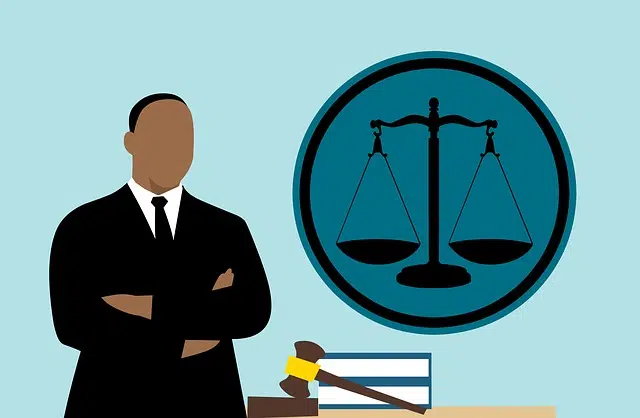
The act that consists of formally accusing an individual of a particular crime is called imputation.
Imputation is a term originating from the Latin word imputatio . The concept is used to name the action and effect of attributing (attributing responsibility for a reprehensible act to a person; indicating the application of an amount to be taken into account in a record).
For example: "The accusation of the crime surprised the businessman, who assures that he had nothing to do with the incident" , "Rupertson proved to be a very brave judge by announcing the accusation of the deputy" , "The accountant forgot the accusation of the new taxes» , «With the imputation of the sales of the last month, the year shows a positive balance» .
Imputation in law and statistics
In the field of law , imputation is the act that involves the formal accusation of a person of a specific crime . From the moment of the accusation, the accused can exercise his right to defense and is no longer subject to the duties that correspond to witnesses (such as telling the truth under the penalty of perjury).
For statistics , the substitution of values that have not been reported in an observation with other values is known as imputation. This step is necessary for the processing of data based on certain statistical techniques, which consider data that is not observed because it is imputed.
The concept in the economy and in the tax field
In economics , meanwhile, a postulate by the Austrian Friedrich von Wieser is known as imputation theory, which maintains that factors are combined in fixed proportions in each industry, which does not happen in different industries.
In Spain, on the other hand, the concept of imputation of real estate income refers to the obligation to pay taxes for being the owner or holder of a real right of enjoyment over a rural or urban property with a building that is not essential for the development of an operation. , for example, agricultural or forestry.

In Spanish territory, there is the imputation of real estate income.
The property must meet the following requirements:
* It must not be used for economic activities or be the source of income through its rental to third parties;
* It cannot be the owner's habitual residence , and this point includes storage rooms and garages that have been purchased together with the home;
* that is not a lot;
* that it is not a property under construction, that is, it is not in said process when the tax period ends;
* It must not be a property that cannot be used for urban planning reasons, such as the lack of a first occupancy license, the commission of any infraction of the ordinances, that its construction has taken place in an area considered undevelopable or that it has been declared bankrupt, among other possibilities;
* There cannot be a right of use that establishes a use of less than two weeks per year;
* other than a parking space for owners of a municipal building.
Calculation of the imputation of real estate income
The value of the income that is attributed to the taxpayer is obtained by applying 2% to the cadastral value of the property, unless the latter has been modified or revised, since in that case 1.1% must be applied. If a property does not have a cadastral value, then 1.1% of half of the highest of the following values must be calculated: the acquisition value; the one verified by the Tax Administration in relation to other taxes.
If the property has been rented or used for commercial purposes for at least a few months of the last year, the allocation of income must be carried out in proportion to the total number of days that its owner had it at his or her disposal, that is, for your personal enjoyment.
